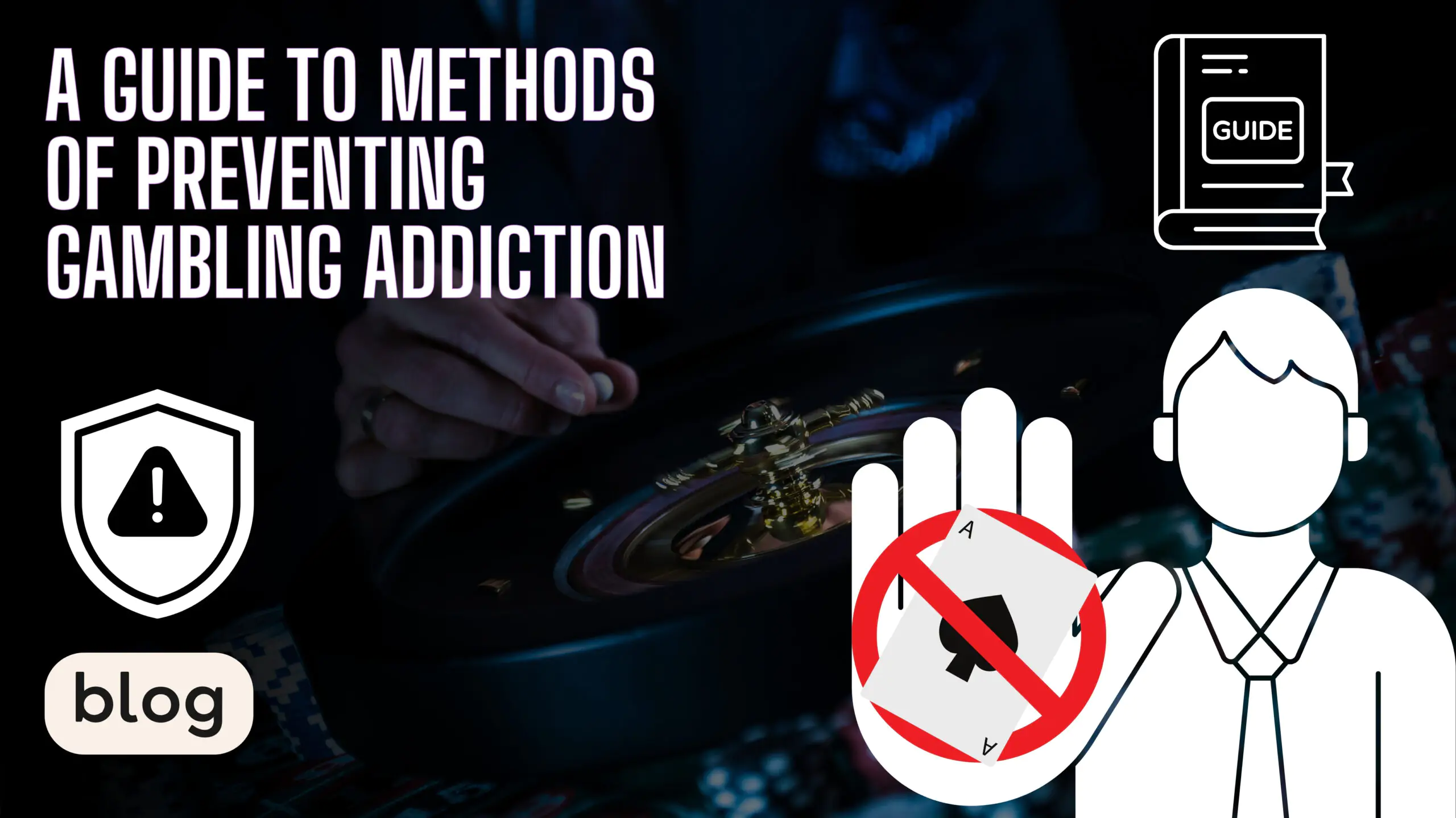
A Guide to Methods of Preventing Gambling Addiction
Gambling addiction is a serious social and psychological problem that affects the lives of many people. It is characterized by an irresistible desire to play despite negative consequences, such as financial losses, social conflicts, and psychological disorders. The desire to win can lead to disruption of a normal lifestyle and deep feelings. The guide aims to present methods of gambling addiction prevention to raise awareness of the problem and provide practical recommendations. It is important to understand the roots of addiction and the mechanisms of its development to reduce the risk. This information will be useful for people who want to control their gambling behavior, as well as for their loved ones who want to support them in the fight against this problem.
Definition of Gambling Addiction
Gambling addiction is a condition in which a person cannot control the urge to gamble despite the negative consequences. This disorder leads to a constant focus on gambling, which affects daily life, relationships, and financial situation.
According to the World Health Organization, approximately 1-3% of the population suffers from gambling addiction. In the United States, more than 2 million people have gambling problems, and another 4-6 million are considered problem gamblers. Studies show that gambling addiction can lead to financial losses, depression, and other mental disorders.
These facts emphasize the seriousness of the problem and the need for a conscious approach to gambling. It is important to identify signs of addiction and seek support in time.
The Main Causes of Gambling Addiction
The development of gambling addiction is caused by several factors that can be divided into social, psychological, and financial.
- Social factors: The social environment can significantly affect the likelihood of developing an addiction. Friends or family members who actively gamble can encourage a person to participate in gambling. The presence of support in the social environment can also increase addiction.
- Psychological factors: Psychological problems, such as anxiety, depression, or low self-esteem, can lead to the search for solace in gambling. The game becomes a way to escape from problems, which contributes to the formation of addiction.
- Financial factors: Financial difficulties or the desire to make money quickly are also valid reasons. The temptation of winning can make a person risk larger amounts of money, which increases addiction.
These factors are interrelated and can interact to create a risk of gambling addiction.
Methods of Preventing Gambling Addiction
1. Setting financial limits
One of the most effective ways to prevent gambling addiction is to set clear financial limits. Before starting to play, it is recommended to determine the maximum amount of money you can spend and not exceed this limit. It is important not to use money intended for basic needs, such as housing, food, or medical expenses. Using separate cards or accounts for gambling can also help you control your spending.
2. Determining the time spent gambling
Just like with finances, it is important to set time limits for gambling. Determine the maximum number of hours you are willing to spend on gambling and stick to this schedule. Use a timer or a reminder to avoid getting lost in the process. This will help you avoid long gambling sessions that can lead to emotional exhaustion and addiction.
3. Risk awareness and education
Being aware of the risks associated with gambling is an important part of preventing addiction. Learn the rules of the game, the probability of winning and the probability of losing. Understanding that the game is random will help you maintain realistic expectations. Remember that gambling can lead to financial losses and emotional stress.
4. Finding alternative leisure activities
Find alternative ways to spend your free time that do not involve gambling. These can be hobbies, sports, reading, or creative activities. It is important to engage in activities that bring pleasure and do not cause addiction. The more diverse your leisure time, the less likely you are to return to gambling.
5. Communicate with loved ones and get support
Discussing your feelings and experiences with loved ones can be helpful in preventing addiction. Share your gambling plans and get their support. Social support can be a powerful factor in controlling gambling behavior. If you feel that the situation is getting out of hand, don’t hesitate to ask friends, family, or professionals for help.
6. Using resources and programs to manage gambling behavior
There are many resources and programs that can help you control your gambling behavior. For example, some casinos offer tools for self-monitoring, such as the ability to set financial limits or receive notifications about playing times. You can also contact specialized organizations that provide advice and support to people with gambling problems.
Some of these organizations include:
- Gamblers Anonymous – support and groups for people with gambling problems.
- National Council on Problem Gambling – provides resources and counseling.
- GamCare – an organization that offers support and information for people with gambling problems in the UK.
In general, preventing gambling addiction requires a conscious approach and a willingness to change your habits. Using these methods will help to maintain control over gambling behavior and ensure a positive and safe gambling experience.
Conclusion
This article has reviewed the main aspects of gambling addiction, including its definition, causes, and prevention methods. Setting financial limits, determining the time for gambling, risk awareness, searching for alternative leisure activities, and support from loved ones are key elements of a responsible approach to gambling. It’s important to remember that gambling should be fun, not a source of stress or financial problems.
If you feel that the situation is getting out of hand, do not hesitate to seek help from professionals or organizations that can provide support. Responsible gambling is the key to an enjoyable experience and a healthy attitude towards gambling.






